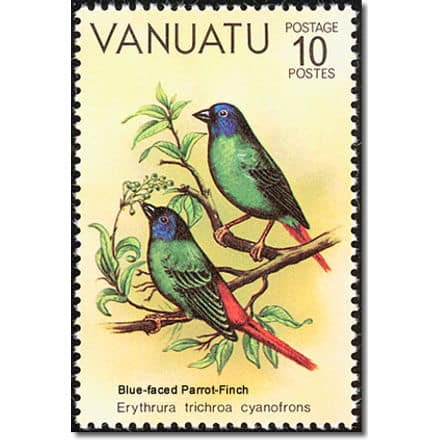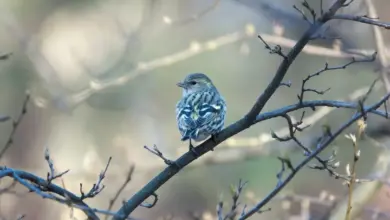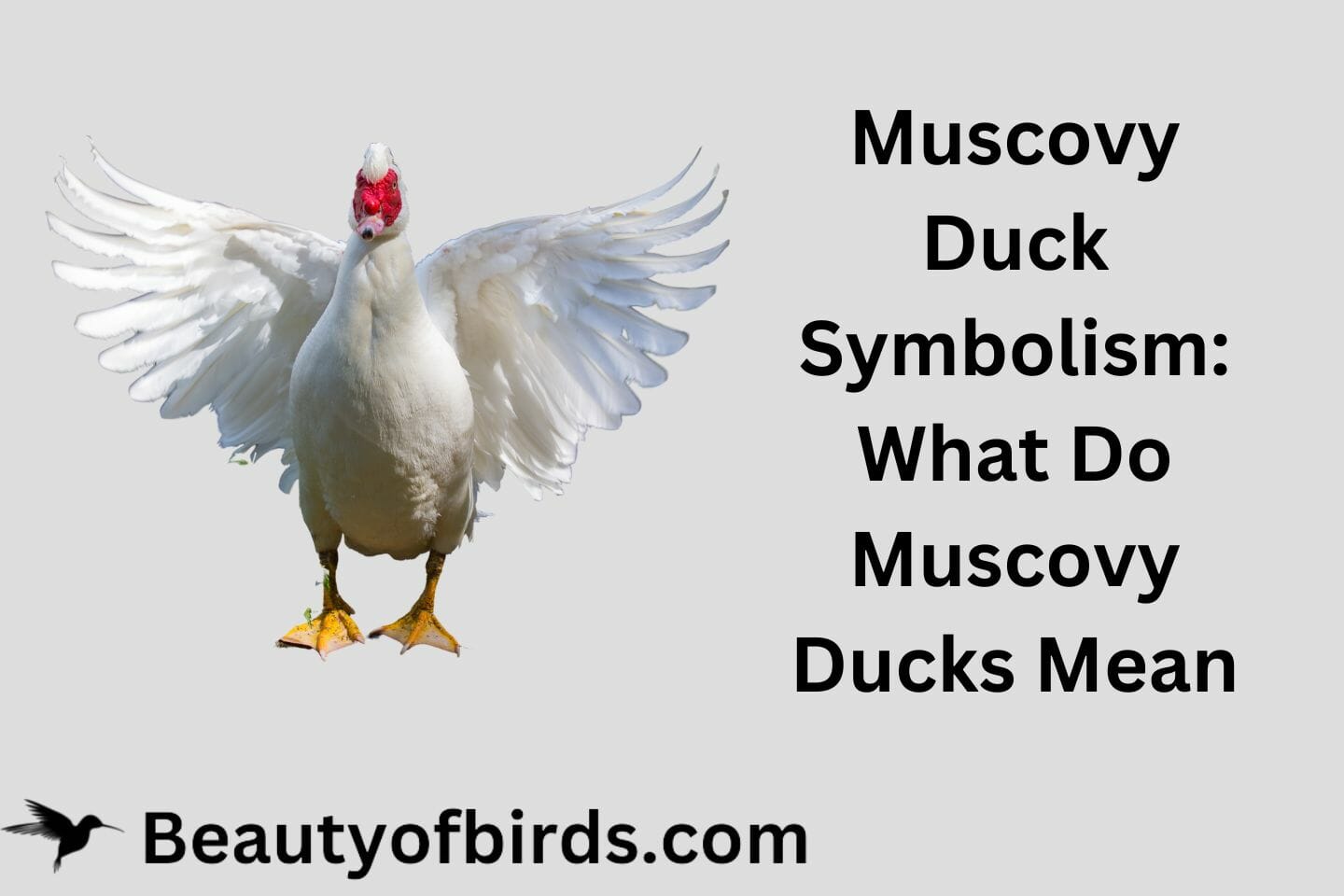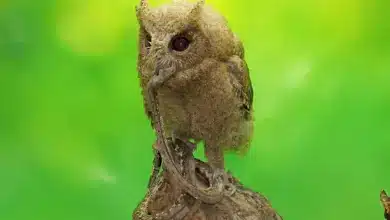Captive Feeding / Diet Requirements of Parrotfinches
Captive Feeding / Diet Requirements of Parrotfinches
A good-quality seed mix should be provided, as well as seeding grasses, various greens and live food – especially during the breeding season. They readily accept fresh fruits / veggies a lot, and greens such as parsley and dandelions.
You can get a lot of free “green stuff” (safe, untreated plants please!) from your own garden to feed to them with.
Some of the parrot finch species require figs as part of their diet (such as the Red-headed Parrot Finches and Blue-faced Parrot Finches). In addition to the information on this page, please also research the specific dietary requirements of the birds in your care.
Sprouted or germinated seeds are usually more easily accepted by “seed addicts” than fresh fruits and vegetables.
- Sprouted seeds are healthier as the sprouting changes and enhances the nutritional quality and value of seeds and grains. Sprouted seeds are lower in fat, as the process of sprouting utilizes the fat in the seed to start the growing process – thus reducing the fat stored in the seeds.
- Sprouted seeds will help balance your bird’s diet by adding a nutritious supply of high in vegetable proteins, vitamins, minerals, enzymes, and chlorophyll.
- Soaked and germinated “oil” seeds, like niger and rape seeds, are rich in protein and carbohydrates; while “starch” seeds, such as canary and millets, are rich in carbohydrates, but lower in protein.
- It is an invaluable food at all times; however, it is especially important for breeding or molting birds. Sprouted seeds also serve as a great rearing and weaning food as the softened shell is easier to break by chicks and gets them used to the texture of seeds.
While raising young, breeders often offer additional food items to the parents, such as hard-boiled eggs (potentially enriched with vitamins and minerals – if the diet is less than balanced), as well as sprouted seeds, and mealworms.
The fledglings readily accept live food, such as mealworms. They will take literally any size worm, and if too big to take at once, they will suck the pulp out of the worm. Green food, on the other hand, takes them about two weeks before they accept it. But once they have gotten used to live food, their appetite is fairly insatiable. Sprouted seed are readily accepted by birds and are highly nutritious. They make an excellent weaning food..
As with all other breeds, fresh water should be available at all times.
Finch Diet / Dietary recommendations to maintain optimal health in finches.





